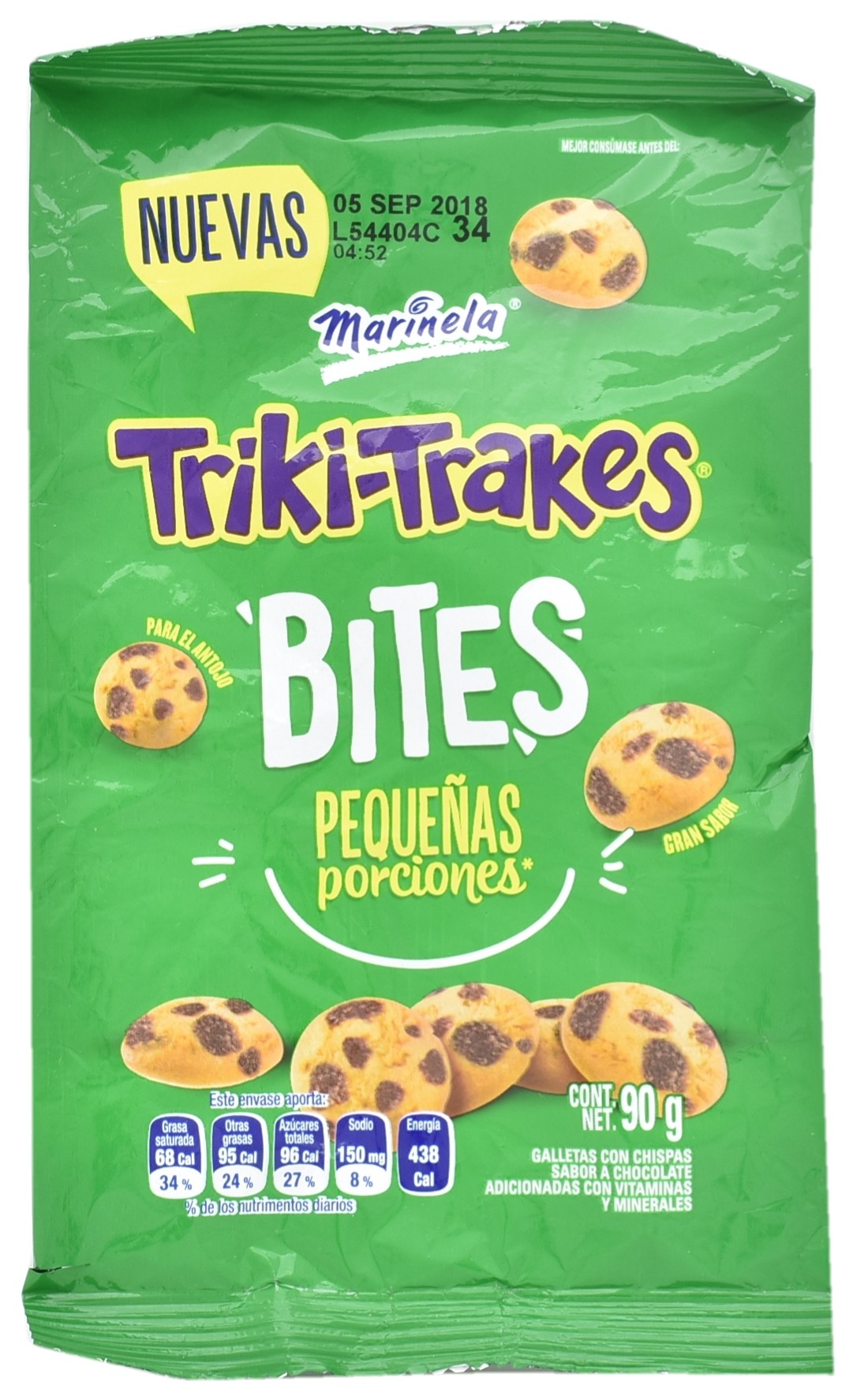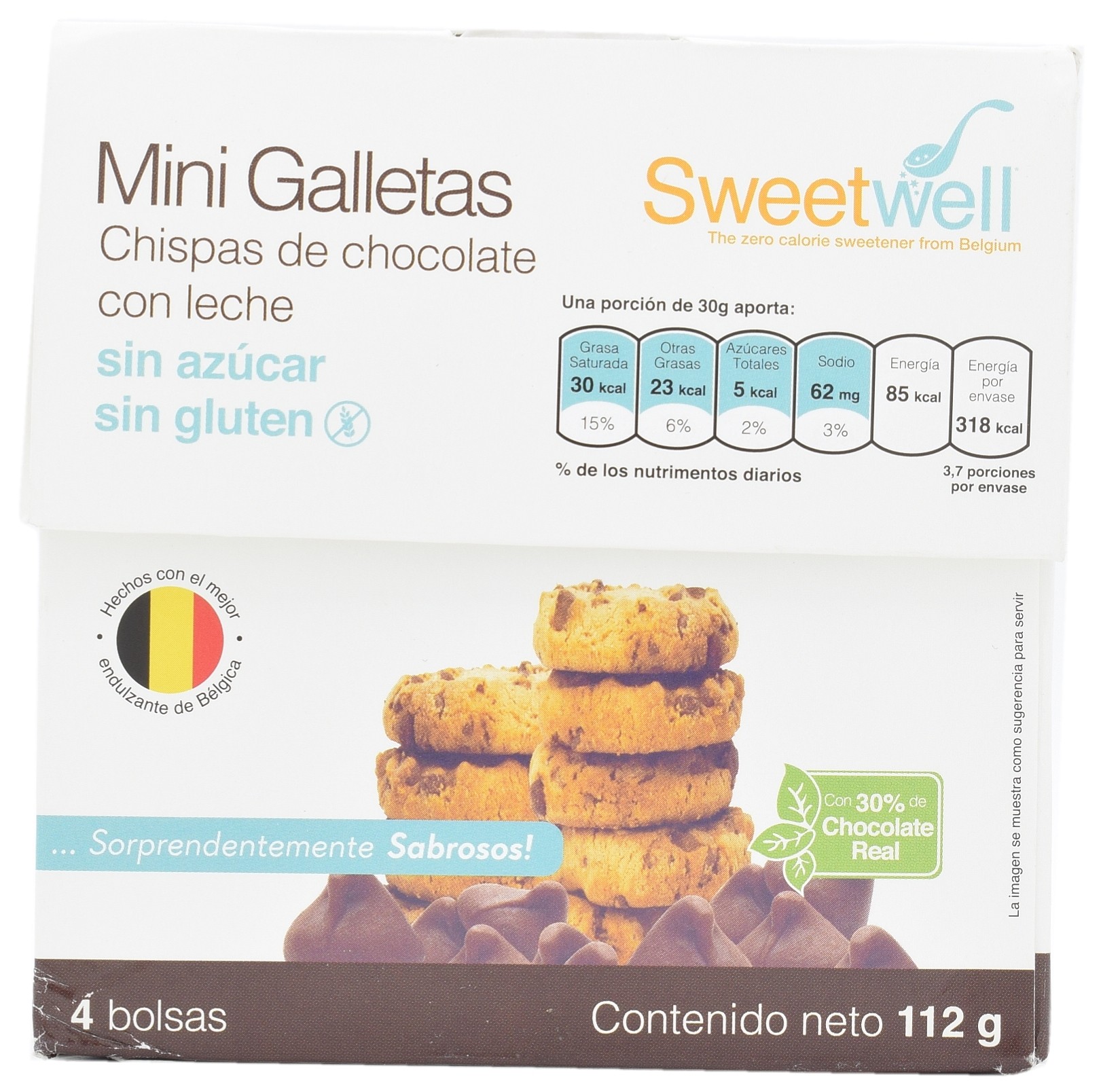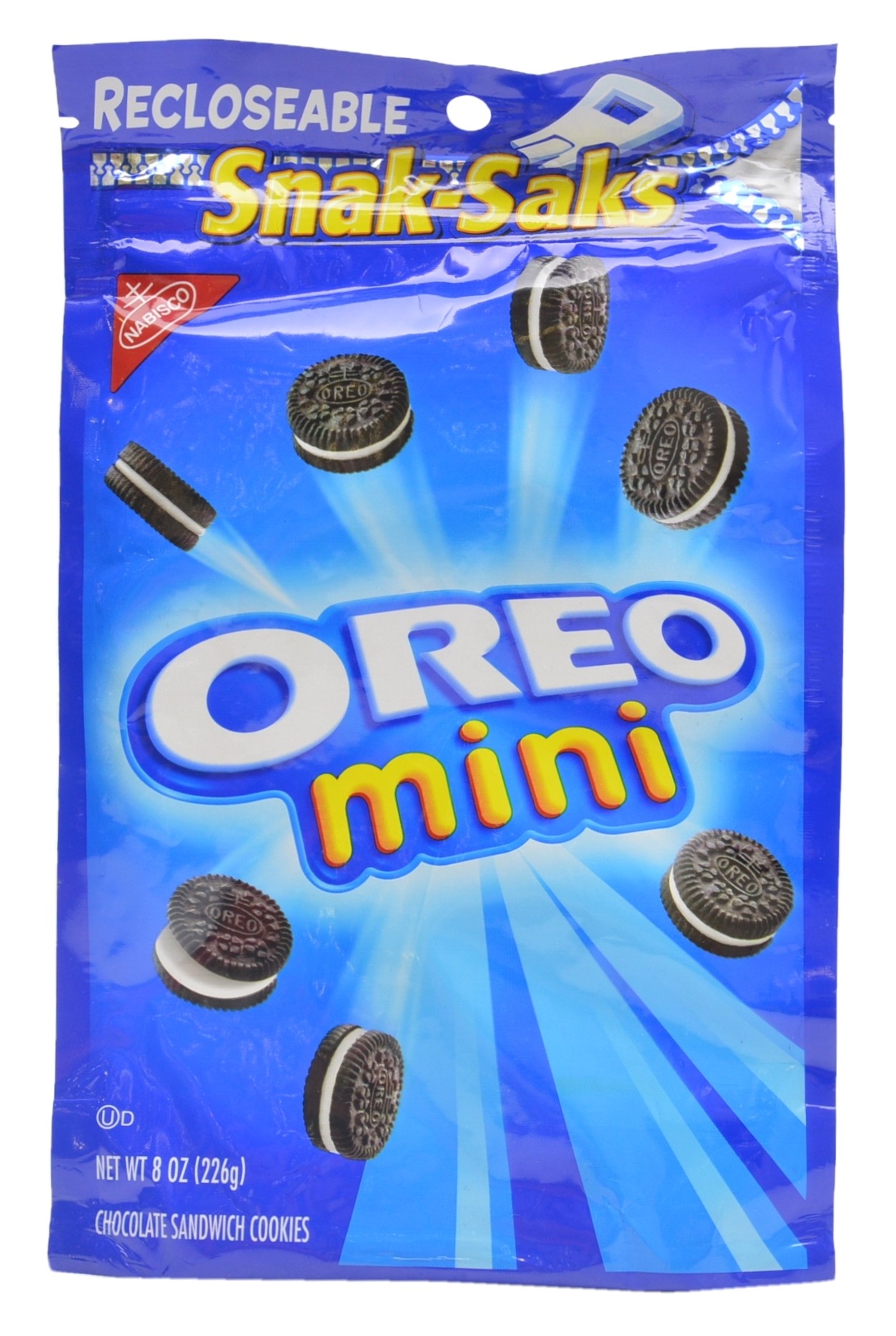Obesity is a major public health issue in Mexico, where 32.4% of the population is considered obese, according to data released by the Organisation for Economic Co-operation and Development in 2017. The figure has risen significantly in recent decades amid a shift away from traditional agriculture-based diets to processed food, including biscuits.
The scale of the problem forced the government to introduce a tax on high-calorie food in 2013 and has since encouraged biscuit manufacturers to reduce the sugar, fat and calories in products. Biscuits are primarily associated with indulgence in Mexico and consumers are likely to be put off by products that compromise enjoyment. This suggests a market where portion control and moderation will be a better fit than reformulations, with smaller formats and packs providing permissibility without sacrificing taste.
Downsize with thins
While portion control and mini formats have been explored by biscuit manufacturers in Mexico over recent months, there remains potential to tap into the success enjoyed by ‘thin’ biscuits globally. The format has gained momentum since the US launch of Oreo Thins in 2015 and has since been adopted by brands across regions, from Keebler and Pepperidge Farm in the US to McVitie’s in the UK. Thins appeal the same way as other attempts at portion control, offering consumers a healthier alternative without compromising indulgence. The downsized versions contain less sugar and calories than regular biscuits, making them a good potential fit with the Mexican market.
The nostalgic appeal of traditional diets
Mexico’s obesity crisis has been caused by a complex set of factors, including a lack of exercise in congested cities. Politicians and commentators have put much of the blame on the loss of traditional eating habits in the country with an influx of low-nutrient, processed foods from the US. Economic development and urbanization have also moved most Mexicans away from the source of their food, with many now relying on the network of fast food chains and convenience stores that dominate urban areas.
This has led to a counter-movement where traditional diets and ingredients are being touted as potential solutions to obesity, with the country’s president-elect Andrés Manuel López Obrador among those calling for consumers to ‘eat Mexican.’ This highlights opportunities for biscuit manufacturers to improve the health appeal of products by incorporating more native ingredients into formulations, particularly ancient grains, many of which have a long heritage in Mexico and a strong nutritional profile.
Amaranth touted as antidote to obesity
The movement to reclaim traditional diets in Mexico has elevated the profile of one ingredient in particular: amaranth, a staple of the Aztecs. The ancient grain has emerged as the focus of a number of community projects in Mexico in recent years, with not-for-profits looking to boost amaranth production to support food sovereignty and improve diets. The seed contains high levels of protein, iron, calcium, magnesium and zinc, with organizations like México Tierra del Amaranto promoting its use in the food industry. Amaranth has a heritage as an ingredient in sweet snacks in Mexico, including alegría, a traditional cereal bar made from amaranth with either chocolate or honey. This makes it a promising ingredient for the biscuit industry, with its history and nutritional content likely to appeal in a market where consumers want to restore both their health and heritage.
Mexico is a major biscuit market
Striking the right balance between health and indulgence should be a priority for biscuit manufacturers as the market offers significant rewards for those that are successful. Biscuit sales have enjoyed steady value gains in Mexico since a brief lull in 2014, caused by the introduction of a tax on high-calorie foods. In 2017, the market was worth an estimated $3.57 billion, with a compound annual growth rate of 6% forecast to 2020.
While volume sales of sweet biscuits are declining in other markets amid a switch to healthier snacks, Mexican consumers continue to show interest in the category. Volume consumption per capita is now higher in Mexico than the US, with the country’s biscuit consumption expected to significantly outpace its neighbor by 2021. This should be encouraging manufacturers without a presence in Mexico to expand to the country.
Brands embrace mini biscuits in Mexico
Take a bite
Marinela Triki-Trakes Bites. Moderation is already influencing the product development of biscuit brands in Mexico, including market leader Grupo Bimbo, which launched the bites range above to offer “great flavor and small portions.”
Make it mini
Sweetwell Mini Cookies. Other brands have taken the same ‘mini’ approach of offering smaller biscuits in portion-controlled packs. The example above retails in a 112g pack containing four 28g individually wrapped units.
Smaller and resealable
Oreo Mini. Mondelēz International, which is the third largest brand by value in the Mexican biscuit market, has also launched a down-scaled version of its popular Oreo brand in a resealable pack to aid permissible snacking.
What we think
There are huge potential rewards available for biscuit brands that respond to Mexico’s obesity crisis with a focus on portion control, or by incorporating local superfood ingredients like amaranth into products as nostalgia for traditional diets grows.











































